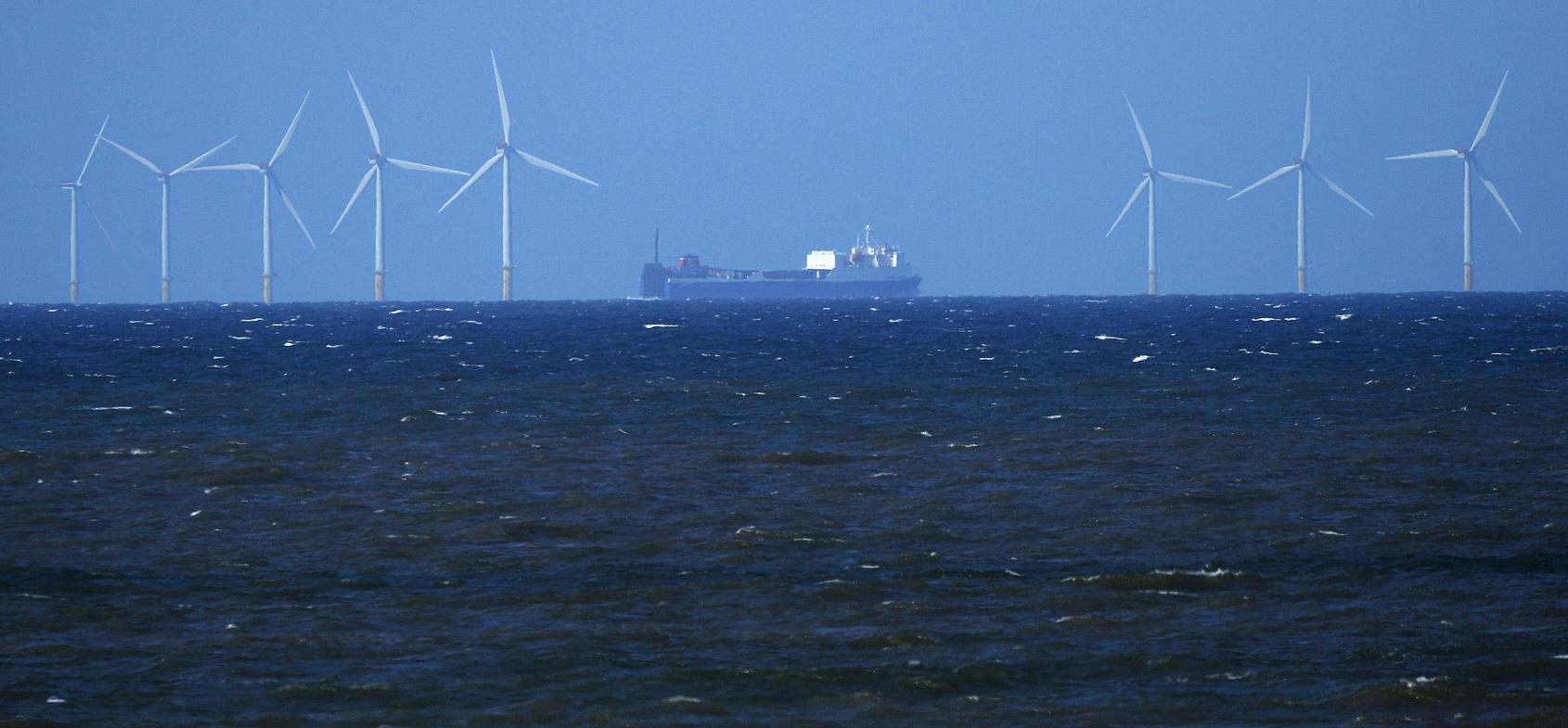
Underhand business practices targeting seafarers will advance low-cost UK employment model.
Businesses charging seafarers for accommodation on board the ships they work on undermines international law and could trigger a race to the bottom on workers’ pay, International Transport Workers’ Federation (ITF) General Secretary Stephen Cotton told the UK Government.
ITF affiliate, The National Union of Rail, Maritime and Transport Workers (RMT), reports that the UK Chamber of Shipping and operators in the European offshore wind supply chain are defending the practice which seafarers should be exempt from.
“Seafarers working on vessels must not be made to pay for their own accommodation – forced to pay for staying on the same vessels they’re working on,” said Cotton. “It’s nothing like other situations where employers can provide accommodation and charge for it, and it’s wrong, plain and simple.”
Cotton said: “It’s against the spirit of international law, it’s against the UK Government’s new Seafarers’ Charter and it will lead to the exploitation of migrant workers in jobs taken away from British nationals – at a time when we should be creating new, decent jobs in a growing part of the maritime industry like offshore wind.”
In his letters to Shipping Minister, Lord Gower, and Under-Secretary of State at the Department for Business and Trade, Kevin Hollinrake MP, Cotton says that since the P&O Ferries scandal, trade unions have put pressure on the UK Government to ensure that its legislative response improves standards in the UK shipping industry.
“The Government must learn from the P&O Ferries scandal and listen to what unions like our affiliates Nautilus UK and the RMT are telling them: we can’t allow underhand business practices to advance a low-cost model for employment,” Cotton said. “That’s bad for all workers, bad for the future of industry and bad for the country.”
In 2022, the Government-established UK Low Pay Commission recommended that seafarers should be exempt from a legal deduction from National Minimum Wage rates used primarily by employers in the seasonal agriculture sector.
In meetings on the Maritime Labour Convention, which sets minimum requirements for seafarers to work on ships, the UK Government also said that, “charging crews for accommodation would be contrary to the spirit of Regulation 3.1, paragraph 1, of the Convention”.
In his letters, Cotton points out that while the Seafarers’ Charter prohibits charging or deducting pay for accommodation, it is only voluntary. He said that seafarers, especially in the ferry industry, need mandatory regulations in the Seafarers Wages Act 2023 to close the legislative gap.
(Image credit: Reuters, David Moir)
END
Notes
- ITF General Secretary Stephen Cotton’s letters to Shipping Minister, Lord Gower, and Under-Secretary of State at the Department for Business and Trade, Kevin Hollinrake MP are available below.
- The Low Pay Commission 2022 annual report recommends to Government that seafarers are exempt from the accommodation offset for onboard accommodation: “We also recommend that seafarers be exempt from the Accommodation Offset while on board ship. This would prevent employers from deducting accommodation costs from their pay below the NMW. This reflects the distinct position of seafarers while at sea. They are confined to their work premises, which also happen to be their only available accommodation. And their presence on the vessel is required even while asleep in case of an emergency.”
- The UK Government stated its view that “charging crews for accommodation would be contrary to the spirit of Regulation 3.1, paragraph 1, of the Convention” at the Final Report of the Preparatory Tripartite MLC, 2006 Committee in Geneva in September 2010.
- The Seafarers Wages Act is available here.
- The Seafarers’ Charter is available here.
About the ITF: The International Transport Workers’ Federation (ITF) is a democratic, affiliate-led federation of transport workers’ unions recognised as the world’s leading transport authority. We fight passionately to improve working lives; connecting trade unions and workers’ networks from 147 countries to secure rights, equality and justice for their members. We are the voice of the almost-20 million women and men who move the world.
Media contact: Mark Dearn +44 7738 832 413 media@itf.org.uk


မွတ္ခ်က္အသစ္မ်ားတင္ျခင္း